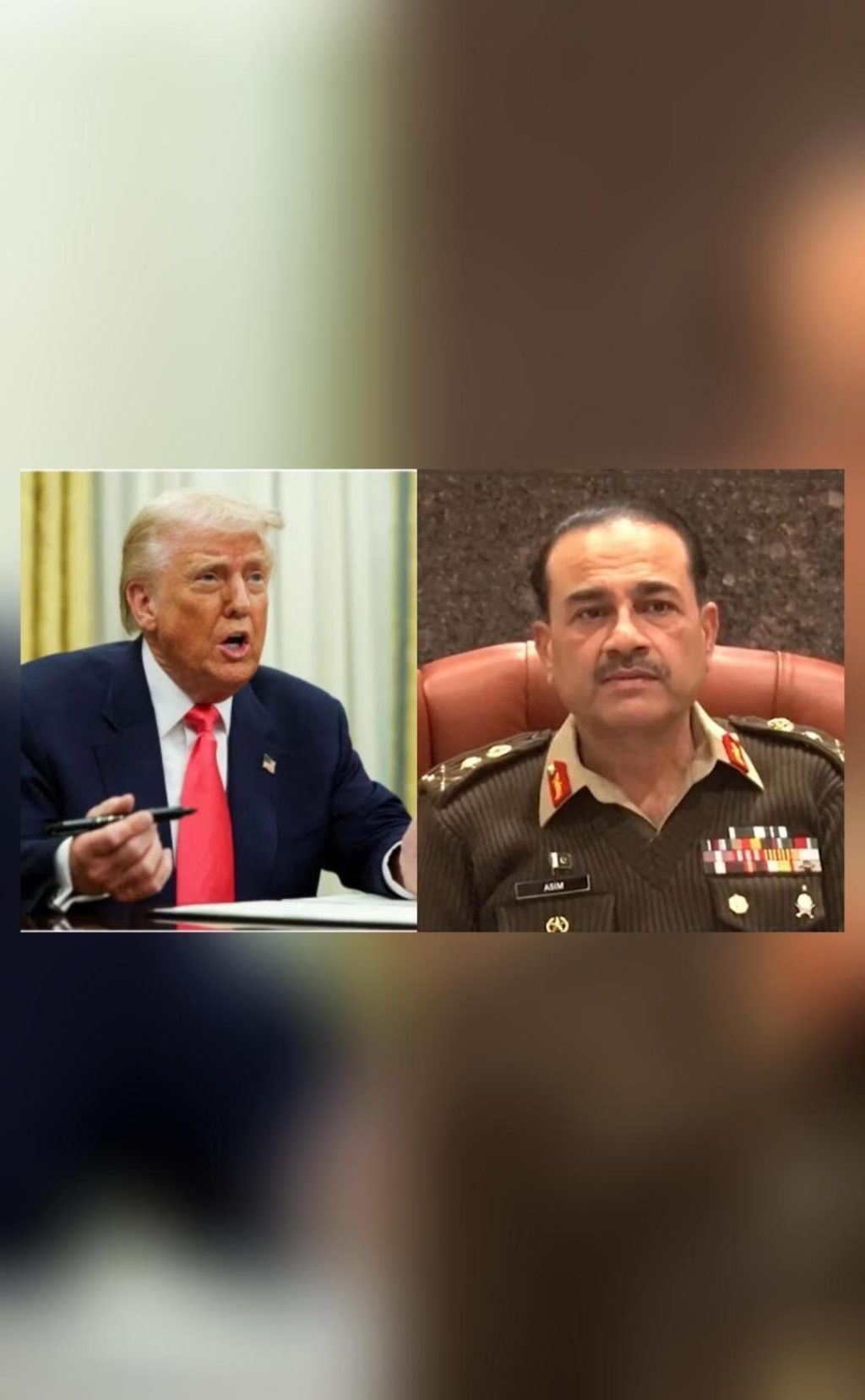
Our Relations with India & Pak Remain Unchanged: US after Pak Army Chief Munir’s Visit
In a recent development, Pakistan Army Chief General Asim Munir’s visit to the United States has raised concerns about the delicate balance of power in the region. The visit was marked by Munir’s statements about Pakistan’s nuclear capabilities and its willingness to use them if needed. However, the US State Department has clarified that its relationship with both Pakistan and India remains unchanged, emphasizing its commitment to maintaining good ties with both nations.
According to reports, during his visit to the US, General Munir claimed that Pakistan has nuclear weapons and would not hesitate to use them if it felt threatened in a future war with India. His statements were met with concern and alarm by many, particularly in India, which has long been wary of Pakistan’s nuclear capabilities.
However, in response to Munir’s comments, US State Department Spokesperson Tammy Bruce emphasized that the US’ relationship with both India and Pakistan remains unchanged – good. She reiterated that the diplomats are committed to both nations and are working towards maintaining peace and stability in the region.
This clarification from the US comes as a welcome relief, as Munir’s statement had sparked concerns about the potential for a nuclear conflict in the region. The US has long been a key player in regional diplomacy, and its commitment to maintaining good relations with both India and Pakistan is crucial for maintaining peace and stability.
The US’ relationship with India has been a key aspect of its foreign policy in the region, with the two countries having a strong strategic partnership. The US has been a key partner in India’s economic development, and has also provided military aid to the country. The US-India relationship has been growing stronger over the years, with the two countries cooperating closely on issues such as counter-terrorism, non-proliferation, and regional security.
On the other hand, the US has also maintained a relationship with Pakistan, albeit a complex one. The US has provided significant military aid to Pakistan in the past, and has worked closely with the country on counter-terrorism efforts. However, the relationship has been strained in recent years due to concerns about Pakistan’s support for terrorist groups and its nuclear capabilities.
Despite these challenges, the US remains committed to maintaining a positive relationship with Pakistan, and has been working to rebuild trust with the country. The US has been providing assistance to Pakistan in areas such as education, healthcare, and economic development, and has also been working closely with the country on issues such as counter-terrorism and regional security.
In the context of General Munir’s visit, the US’ clarification that its relationship with both India and Pakistan remains unchanged is a significant development. It sends a strong signal that the US is committed to maintaining good ties with both countries, and is not willing to take sides in their disputes.
For India, this development is a welcome relief, as it has long been concerned about Pakistan’s nuclear capabilities and its willingness to use them. The US’ commitment to maintaining good relations with India is a key aspect of its foreign policy, and is crucial for maintaining peace and stability in the region.
For Pakistan, this development is also significant, as it sends a signal that the US is willing to engage with the country and work towards a positive relationship. Pakistan has long been seeking greater international recognition and engagement, and the US’ commitment to maintaining good ties with the country is a key aspect of this.
In conclusion, General Munir’s visit to the US has raised concerns about the delicate balance of power in the region. However, the US State Department’s clarification that its relationship with both India and Pakistan remains unchanged is a significant development that sends a strong signal about the US’ commitment to maintaining good ties with both countries. This development is a welcome relief for both India and Pakistan, and is crucial for maintaining peace and stability in the region.



